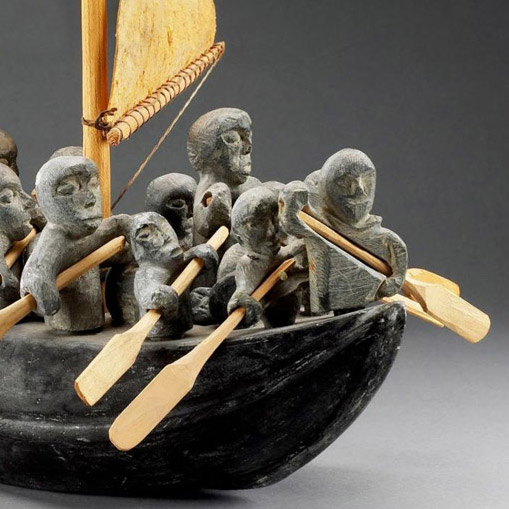Categories
Baidik BhattacharyaColonialism, World Literature, and the Making of the Modern Culture of Letters
Monday, May 22, 2023, 11:30am–1:30pmPlease join us for a workshop and lunch event with Professor Baidik Bhattacharya, Associate Professor at the Centre for the Study of Developing Societies. We will discuss the introduction to Professor Bhattacharya’s forthcoming book, Colonialism, World Literature, and the Making of the Modern Culture of Letters.
Registration by May 15 is required. Access the reading here (password: Sovereign)
—
About the book:
This book argues that the modern and global literary culture since the eighteenth century was fundamentally shaped by colonial histories. My wager is that the central idea of the “literary” as a sovereign order of textuality—autonomous, autotelic, and singular—was coproduced with an extraordinary model of colonial sovereignty in British India. As historians have noted, the new colonial regime in the subcontinent was heavily reliant on its ability to turn the territory into a readable space—with its cartographic and textual signs overlaid on each other—and to represent the colony within a totalizing schema. At the same time, in an age of expanding imperialism, such a fundamental transformation of the colony could not have been realized either in its territorial isolation or within any single domain deemed to be properly governmental. In the second half of the eighteenth century, therefore, the search for colonial domination in the Indian subcontinent had to be articulated across these two registers of colonial governmentality and imperial networks. The colonial administration responded to this demand in an innovative way—drawing on disparate resources like local legal canons, “oriental” scribal cultures, Indian “customs and manners,” English common law, and changing landscapes of colonial occupation from America to Asia, the new regime gave birth to what I call the literary sovereign.
Within this new idea, the colonial administrators sought to combine political sovereignty with literary singularity. This was done with the explicit aim to constitute a textualized sovereign power—almost tautologically self-evident—crafted after the tradition of an autonomous literary language that colonial translators “discovered” in a host of Sanskrit, Persian, and Arabic texts. Literature and law, aesthetics and anthropology, philology and translation joined hands and, as they were deployed as governmental techniques, produced a model of sovereignty that was quite unprecedented in world history. Of course, this lettered sovereignty was designed primarily to address a number of crises the English East India Company faced at the time, both at home and in the colonies, but its other outcome was decisive—it defined the “literary” as an autonomous, non-mimetic, performative language and constituted the modern field of “literature.” The literary sovereign, in other words, set out two templates at the same time—one for colonial governance that would be repeated in Asia and Africa in subsequent centuries; and the other for the new idea of literature that would soon transform cultures across the colonial divide.
As part of the imperial circuits, however, the literary sovereign soon crossed the colonial divide and made its mark across Europe. This trajectory of the literary sovereign beyond its point of origin is tracked in this book through three related fields: German philosophy of aesthetics, French novels, and English literary histories. One of the early conceptual frames that Europe devised to account for the literary sovereign, I suggest, was Weltliteratur or “world literature” that brought together an anthropological description of the world and an aesthetic idea of literature to rethink literary cultures at a global scale. This had a profound influence on subsequent developments in the continent’s cultural productions, and helped produce the idea of a “singular” literature that was seen as both universal and radically new. The initial phase of this history is explored through Goethe’s formulation of “world literature” that brought together the colonial history I narrate in the first part of the book and Kantian reflections on aesthetics—especially the latter’s proposal for a combination of aesthetics and anthropology—and I suggest that this was indeed a reworking of the literary sovereign paradigm. This legacy was carried forward further in the development of the typical politics of the textualized everyday in French “realistic” novels (Balzac and Flaubert, for instance); and in the new discipline of literary history in England from the Romantics to Matthew Arnold. In both cases, the new idea of literature—“littérature comme telle” or “literature as literature”—announced the final consecration of colonial histories and its pivotal notion of the literary sovereign. Indeed, by the second half of the nineteenth century, across the transnational and multilingual context of modern empires, I demonstrate in this book, the fundamental tenets of modern literary cultures took shape on both sides of the colonial divide.
Presented by the 18th– and 19th-Century Atlantic Cultures Workshop and the Nicholson Center for British Studies with support from 3CT, the Department of English, and the Committee on Southern Asian Studies.
